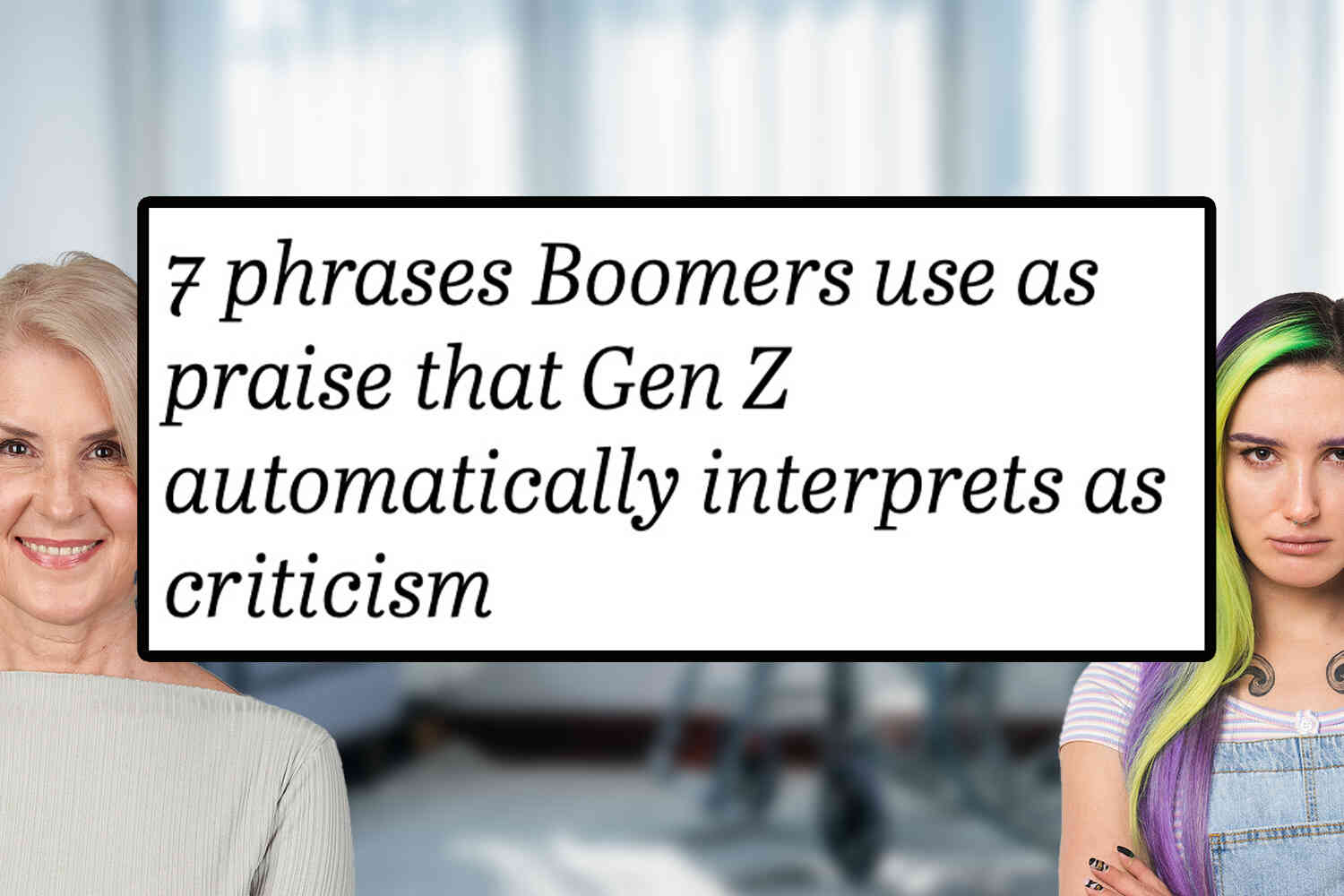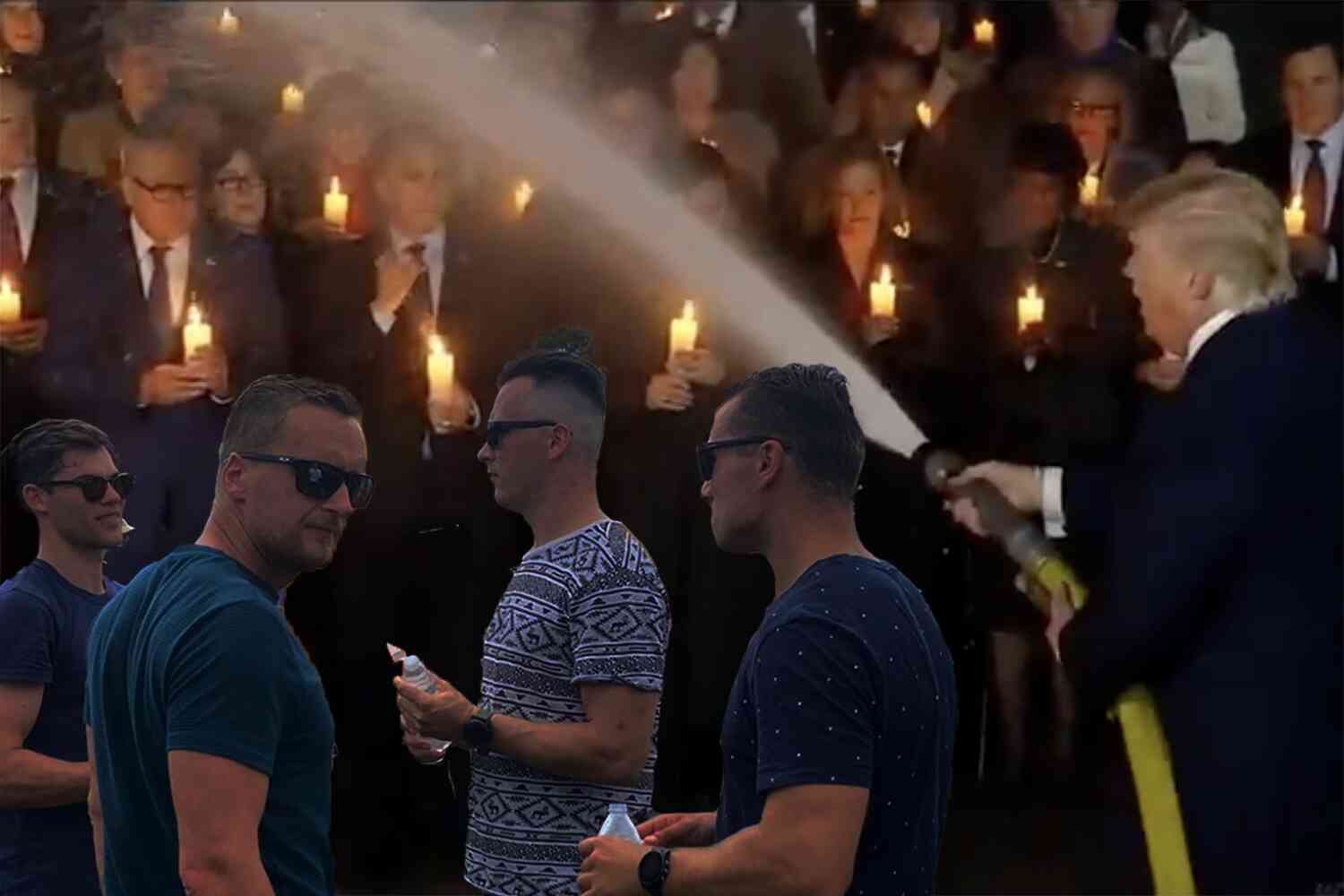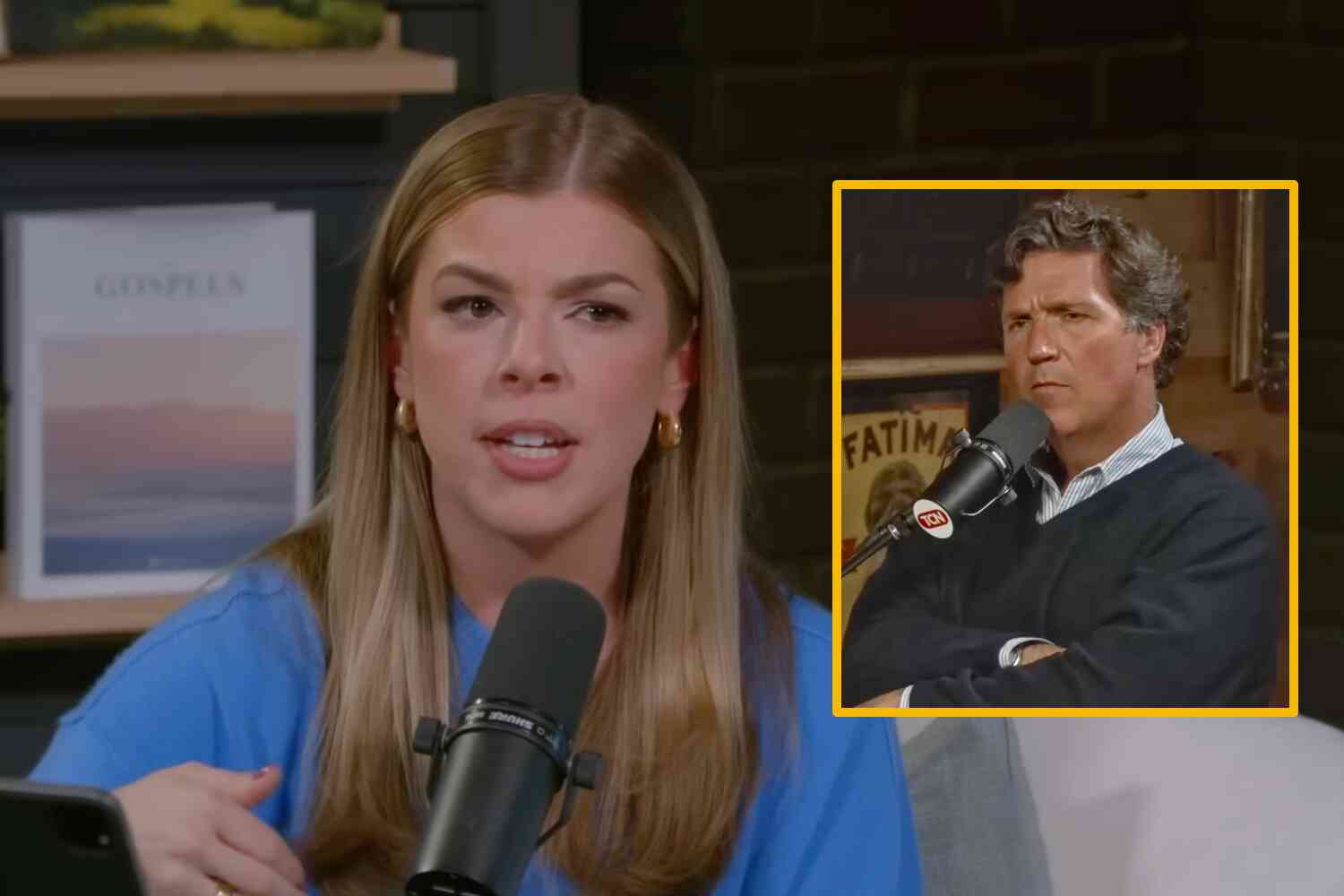If you've read the works of George R.R. Martin or even been exposed to the graphic HBO Game Of Thrones show, you begin to see the logical outworking of a certain worldview.
There's no denying that Martin's A Song of Ice and Fire novels are expertly written, with intricate world-building, complex characters, and excellent pacing. Yet, there is an underlying philosophy that weaves through it all that results in an endless cycle of chaos, tragedy in the face of an indifferent universe, and a pervasive gray-sense of morality. I argue that the series is the logical progression of Martin's sad nihilism, where nothing ultimately matters. You see that with passages like these:
Was it the god he was invoking, the Father Above whose towering gilded likeness glimmered in the candlelight across the sept? Or was he praying to the corpse that lay before him? Does it matter? They never listened, either one.
The Drowned God did not answer. He seldom did. That was the trouble with gods.
Martin takes a grim materialistic view of the world instead of all that pie-in-the-sky stuff about God's providence or about good ultimately triumphing over evil. If God is real, he is out there somewhere and certainly not here interfering with the affairs of men. Since God is out of the equation, don't get your hopes up for any future salvation or look for any spiritual signifance to the suffering of this life. There is no eschatological consummation or final triumph of good over evil. The best the citizens of Westeros can hope for is a few years of stability amid the chaos. Endless cycles of chaos and order forever and ever, amen.
And so it seems that Game of Thrones is the end product of a mind steeped in agnostic materialism, albeit with a little blood magic creatively mixed in. Martin prides himself on being much more realistic than all that simplistic good-and-evil fairy tale stuff humanity has surely outgrown. It is a sacred text of depressing nihilism, in the end.
Tolkien, by contrast, created a fairy story in which Good — with a capital "G" — triumphs over evil, and where there is hope to hang on to even in the darkest moments. Tolkien wrote that the whole point of the fairy tale, what he was hoping to achieve in his writing, was to bring readers to the "sudden turn" where Good breaks through the seemingly impenetrable darkness: the "Eucatastrophe", as Tolkien coined it.
There was no conventional force on Middle-earth that could hope to contend with Sauron's might, and yet there were all these unlikely turns in fortune that snatched an unlikely victory out of the jaws of what seemed to be inevitable defeat. And these Eucatastrophic moments ultimately point forward to a time when Good will smash Evil once-and-for-all. Another word for it, I think, is Providence. God is active, not passive, and He is turning all things to serve His ends. You can't rule out that he might just step in to do it Himself on occasion, but Middle-earth is certainly a tale of Eru using the means of creatures to accomplish His purposes. Reading Tolkien with this firm understanding is, in an internet neologism, taking the white pill instead of the black pill.
Here is Tolkien writing about the darkest place Sam had ever been, the black land of Mordor:
There, peeping among the cloud-wrack above a dark tor high up in the mountains, Sam saw a white star twinkle for a while. The beauty of it smote his heart, as he looked up out of the forsaken land, and hope returned to him. For like a shaft, clear and cold, the thought pierced him that in the end the Shadow was only a small and passing thing: there was light and high beauty for ever beyond its reach.
True Tolkien nerds know, of course, that the light Sam is seeing is likely the very light of Gil-Estel, the star of bright hope. It's the very light of one of the Silmarils carried by Eärendil, whose own story in The Silmarillion was one of Eucatastrophe, of Good smashing through a seemingly hopeless situation where Evil was sure to triumph. Tolkien's whole lore is shot through and through with that "Estel" hope — a stark contrast to the perpetual devastating twists of fate that lie in wait for seemingly all the characters in Martin's works.
To see how Eru (the One God of Tolkien's mythology) orders all things — even events that appear to be a random occurrence — according to His purposes, we could read this reply Gandalf gives Frodo when the hobbit complains about how he wished the Ring had never come to him:
There are other forces at work in this world, Frodo, besides that of evil. Bilbo was meant to find the Ring, in which case you were also meant to have it. And that is an encouraging thought.
Tolkien connected his "sub-creation" of Middle-earth with God's creation of the actual world, and connected the Eucatastrophes of his fairy story with the Eucatastrophes of God's story:
The Gospels contain a fairy-story, or a story of a larger kind which embraces all the essence of fairy-stories. They contain many marvels — peculiarly artistic, beautiful, and moving: "mythical" in their perfect, self-contained significance; and among the marvels is the greatest and most complete conceivable Eucatastrophe. But this story has entered History and the primary world; the desire and aspiration of sub-creation has been raised to the fulfillment of Creation. The Birth of Christ is the Eucatastrophe of Man's history. The Resurrection is the Eucatastrophe of the story of the Incarnation. This story begins and ends in joy. It has pre-eminently the "inner consistency of reality." There is no tale ever told that men would rather find was true, and none which so many sceptical men have accepted as true on its own merits. For the Art of it has the supremely convincing tone of Primary Art, that is, of Creation. To reject it leads either to sadness or to wrath.
Notice that Tolkien says that this has the inner consistency of reality. The good fairy tale speaks to our souls deep down and says, "this is true." Good does win in the end, and deep down we all know it. Only somebody married to the idea that God is far away and unconcerned with human suffering, if He exists at all, will think the fairy tale is too good to be true.
Famously, George R.R. Martin, quibbled with the simple optimism of J.R.R. Tolkien in this way:
This was maybe my answer to Tolkien, whom, as much as I admire him, I do quibble with. Lord of the Rings had a very medieval philosophy: that if the king was a good man, the land would prosper. We look at real history and it's not that simple. Tolkien can say that Aragorn became king and reigned for a hundred years, and he was wise and good. But Tolkien doesn't ask the question: What was Aragorn's tax policy?
And:
Much as I admire Tolkien, I once again always felt like Gandalf should have stayed dead...His last words are, 'Fly, you fools!' What power that had, how that grabbed me. Then, he comes back as Gandalf the White, and, if anything, he's sort of improved... I think it would've been an even stronger story if Tolkien had left him dead.
Sadly, Martin's focus is so earth-bound that it can not allow his spirit to soar. He must remain on the earth with all its problems that have no ultimate solutions in politics. He does not believe in a Good that ultimately triumphs. The virtues of Tolkien and the stories Tolkien sought to write are too simple for Martin. He wants to get into the nitty gritty of politics and social dynamics instead. And that's okay. It's his story. He can do what he wants. However, readers should discern that this worldview is ultimately hopeless.
And if you want to see the fruits of a franchise with such a depressing worldview, you need look no further than its author. In a recent blog post, Martin complained about how 2023 was one of the worst years ever for him and that 2024 was shaping up even worse. As he lamented all the death around him, all the wars going on in the world, and the political intrigues of a certain orange former president, he looked back on all his work and wondered if any of it ever mattered. How did he measure whether his life's work mattered or not? Very simply, he wondered if it ever changed a single vote. Eternity for Martin has collapsed into the present only. His angels and demons and heaven and hell are all here on earth. His only measure of success appears to be whether he convinced people to vote a certain way through his books. And his conclusion seems to have been that nothing he did has made any difference in the world.
Just look at the sad conclusion of a nihilist toward the end of his life. Feel the bitterness and despair that are the inevitable result of a rationalistic, materialist worldview that says this world is all there is:
2023 was a nightmare of a year... It is hard to escape the feeling that we are living in the Weimar Republic...
Has anything I have ever written here ever changed a single mind, a single vote? I see no evidence of that. The era of rational discourse seems to have ended…And death is everywhere... Only a handful of us remain… and for how long, I wonder? I know I have forgotten people in the list above, and maybe that is the destiny that awaits all of us… to be forgotten.
As the preacher once said, "Vanity, vanity, everything is vanity." If you are looking to this world for your hope and encouragement, you might find something that will keep you going for a while, but ultimately, it will let you down. Even if Martin could look around at a utopia with socially progressive values and no bad orange man, would that be enough when he closes his eyes for the last time? Pray for Martin that his 2024 will be better than his 2023, and that he encounters the One who died and rose again and now lives and reigns forever in the world's greatest Eucatastrophe.
And as for you, Western man, which path will you follow: the path of Tolkien, Eucatastrophe, and hope; or the path of Martin, defeat, and despair?
P.S. Now check out our latest video 👇
Disclaimer: The opinions expressed in this article are those of the author and do not necessarily reflect the opinions of Not the Bee or any of its affiliates.









